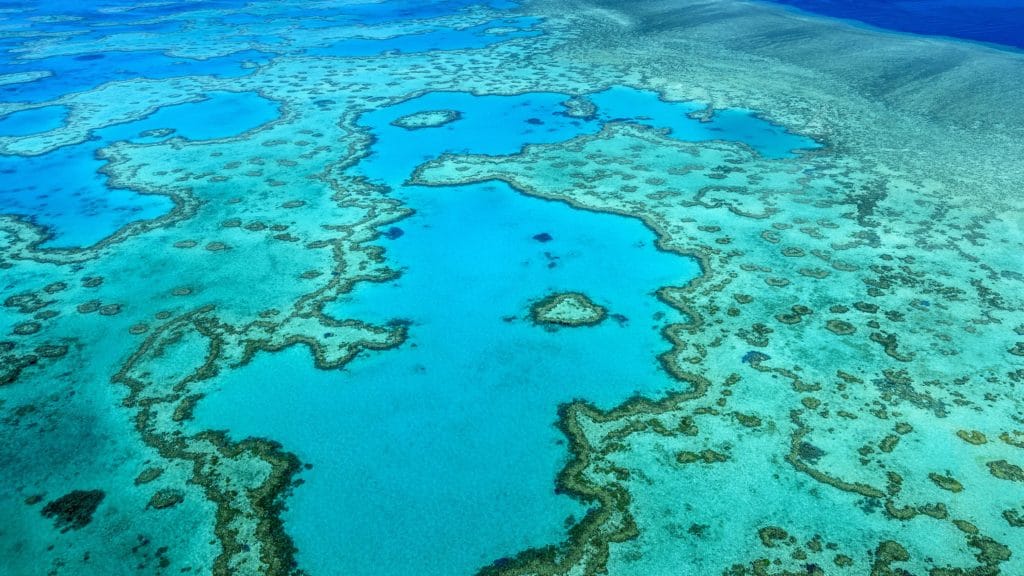Australia’s Great Barrier Reef has almost died five times throughout its history, a new study published in Nature Geosciences reports.
Roughly 13,000 years ago the last ice age ended and brought devastation to large regions of the Great Barrier Reef. However, it seems the reef did recover over tens of thousands of years. Even so, the near-death event was not a one-time occurrence. Rather, it happened five times over the past 30,000 years.

In the study, scientists from the University of Sydney used underwater sonar to peer beneath the seafloor and beyond the current reef to where coral may have grown in the past. They then extracted rock cores that contained both coral fossils and sediments deposited over the past 30,000 years.
That revealed the reef migrated up and down throughout that period. Not only that, but when the sea level hit its lowest point 21,000 years ago small coral populations survived on the outer regions of Australia’s continental shelf.
Such a discovery is important because researchers have long wondered how the Great Barrier Reef made it through the last ice age. The new study sheds light on that for the first time.
However, the team also discovered that the reef could not always keep up with sea level change. In fact, there were five times where it seemed to die off. Twice it almost went during the last ice age, while three times it fell off between 10,000 and 17,000 years ago.
Though scientists have not fully drilled or sampled all parts of the reef, they believe the coral persisted in some places along the continental shelf during those times, allowing the reef to re-establish.
This study is important because it could help researchers better understand how coral reacts to major shifts in the environment. It may also shed light on how quickly they bounce back from major weather events. Such information can then be used to better protect it from global warming in the coming years.

Hudsonheimb says
zocor